Quick read summary
Summary of the Content
Researchers at Columbia and Rutgers universities have conducted a study, published in the Proceedings of the National Academy of Sciences, which reveals that the average litre of bottled water contains nearly a quarter million nanoplastic particles. These particles are less than a micron in size, with a human hair being about 83 microns wide.
Key Findings:
- Nanoplastic Presence: The study found that there are approximately 110,000 to 400,000 nanoplastic particles per litre in bottled water, with an average of around 240,000.
- Particle Size: Nanoplastics are defined as being smaller than one micron, making them significantly smaller than microplastics previously studied.
- Source of Nanoplastics: It is suggested that many of the plastic particles come from the bottles themselves and the reverse osmosis membrane filters used in the bottling process.
- Health Implications: The health effects of these nanoplastics are not yet known, but research is ongoing to determine any potential dangers.
Expert Opinions:
- Potential Dangers: Experts acknowledge that nanoplastics may be harmful, with concerns about their ability to carry chemical additives that could cause cellular stress and DNA damage.
- Need for Further Research: The study is praised, but outside experts suggest that more research is needed to replicate the findings and to understand the risks associated with nanoplastic consumption.
Industry Response:
- Bottled Water Association: The International Bottled Water Association states that there is no scientific consensus on the health impacts of nanoplastics and warns against causing unnecessary alarm.
- Plastic Producers: The American Chemistry Council did not immediately comment on the study.
Environmental Context:
- Plastic Pollution: The United Nations Environment Programme highlights the issue of plastic pollution globally, with talks for a global plastics treaty having stalled.
Personal Impact on Researchers:
- Reduced Bottled Water Usage: The authors of the study report reducing their own consumption of bottled water following their findings.
Recommendations:
- Reusable Bottles: The researchers recommend using reusable bottles instead of single-use plastics to reduce exposure to nanoplastics.
Technological Advancement:
- Dual Laser Microscope: The technology used to detect the nanoplastics was pioneered by one of the researchers and involves a dual laser microscope that can identify compounds by their chemical properties.
Comparisons to Tap Water:
- Ongoing Studies: There is an ongoing investigation into the presence of nanoplastics in municipal tap water supplies, with some early indications suggesting that tap water may contain fewer nanoplastics than bottled water.
The detailed analysis of nanoplastics in bottled water and the implications for Malta residents
The consumption of bottled water has become a daily habit for millions around the globe, including in Malta, where the quality of tap water can be a concern for some residents and tourists. However, recent research has brought to light a potentially unsettling aspect of this modern convenience: the presence of nanoplastic particles in bottled water. This article delves into the findings of a study conducted by Columbia and Rutgers universities, published in the Proceedings of the National Academy of Sciences, and explores its implications and the broader context of plastic pollution.
Understanding Nanoplastics
Before addressing the core of the study, it is essential to understand what nanoplastics are. Nanoplastics are plastic particles smaller than one micron. To put this into perspective:
- Size Comparison: A human hair is approximately 83 microns wide, which means these particles are almost imperceptible to the naked eye.
- Origins: Unlike larger plastic debris, nanoplastics often originate from the breakdown of larger plastic items or can be directly produced at the nanoscale for specific uses.
Key Findings of the Study
The study's alarming revelation was the high concentration of nanoplastic particles in bottled water:
- Nanoplastic Presence: Researchers found between 110,000 and 400,000 nanoplastic particles per litre, averaging around 240,000.
- Particle Size: Nanoplastics' diminutive size potentially allows them to bypass the body's natural filtration systems, which is a concern for health experts.
- Source of Nanoplastics: The study suggests that these particles likely stem from the plastic bottles and the reverse osmosis membrane filters used in their production.
Health Implications
One of the most pressing questions arising from the study is the health impact of these nanoplastics:
- Unknown Effects: The effects on human health are not fully understood, but ongoing research aims to uncover potential dangers.
- Expert Opinions: There is concern that nanoplastics may transport harmful chemical additives into the body, potentially inducing cellular stress and DNA damage.
Industry Response
The reaction from industry stakeholders to the study's findings has been mixed:
- Bottled Water Association: The International Bottled Water Association has highlighted the lack of scientific consensus on nanoplastics' health impacts, advising caution in causing public alarm.
- Plastic Producers: The American Chemistry Council had not commented on the study, reflecting a wait-and-see approach.
Environmental Context
Plastic pollution is a global environmental challenge:
- United Nations Efforts: The United Nations Environment Programme has been drawing attention to the issue, though efforts towards a global plastics treaty have faced difficulties.
- Personal Action: The authors of the study have reported reducing their own use of bottled water, indicating the personal impact of their findings.
Recommendations from Researchers
In light of their study, the researchers have made specific recommendations:
- Reusable Bottles: A shift towards reusable bottles could significantly reduce exposure to nanoplastics.
Technological Advancement
The study employed innovative technology:
- Dual Laser Microscope: This new technology can identify compounds by their chemical properties, enabling the detection of nanoplastics.
Comparisons to Tap Water
The study has prompted further investigations:
- Ongoing Studies: Research into the presence of nanoplastics in municipal tap water supplies is underway, with preliminary data suggesting that tap water may contain fewer nanoplastics than bottled water.
Bottled Water Consumption in Malta
In Malta, the reliance on bottled water is particularly noteworthy due to concerns over tap water taste and quality. The implications of the study are thus especially relevant for Maltese consumers:
- Quality Concerns: Many Maltese people prefer bottled water, believing it to be cleaner and safer than tap water. This research tends to suggest that its just not the case that bottled water is any safer than tap water thats been filtered
- Environmental Impact: Malta faces unique environmental challenges, including limited natural freshwater resources and the management of plastic waste.
Moving Forward
In conclusion, the study from Columbia and Rutgers universities has opened up a new front in our understanding of the potential impacts of bottled water. As research continues, consumers, especially in places like Malta, must weigh the convenience of bottled water against these emerging health concerns and the broader environmental impact of plastic pollution.
It is crucial to stay informed about new developments in this field, as our knowledge and understanding of the risks associated with nanoplastic consumption evolve. Ultimately, informed choices and advancements in water filtration and packaging technology will play a critical role in safeguarding public health and the environment.
The healthy alternative
A TAPP Water EcoPro or EcoPro Compact water filter attached to your kitchen mixer is a healthy alternative to bottled water in Malta.
TAPP Water filters are independently tested to filter 100+ contaminants from the public water supply which means it tastes great and consumers can drink confidently.
Its a huge cost saving, with just 2c a litre as an average filtered cost, with even more savings in time and hassle caused by the BCRS scheme in Malta.
Even if you are getting bottled water with coupons form your supermarket TAPP Water is still cheaper, better for the environment and much easier.
Study Reference: https://www.pbs.org/newshour/science/scientists-find-about-a-quarter-million-invisible-microplastic-particles-in-a-liter-of-bottled-water

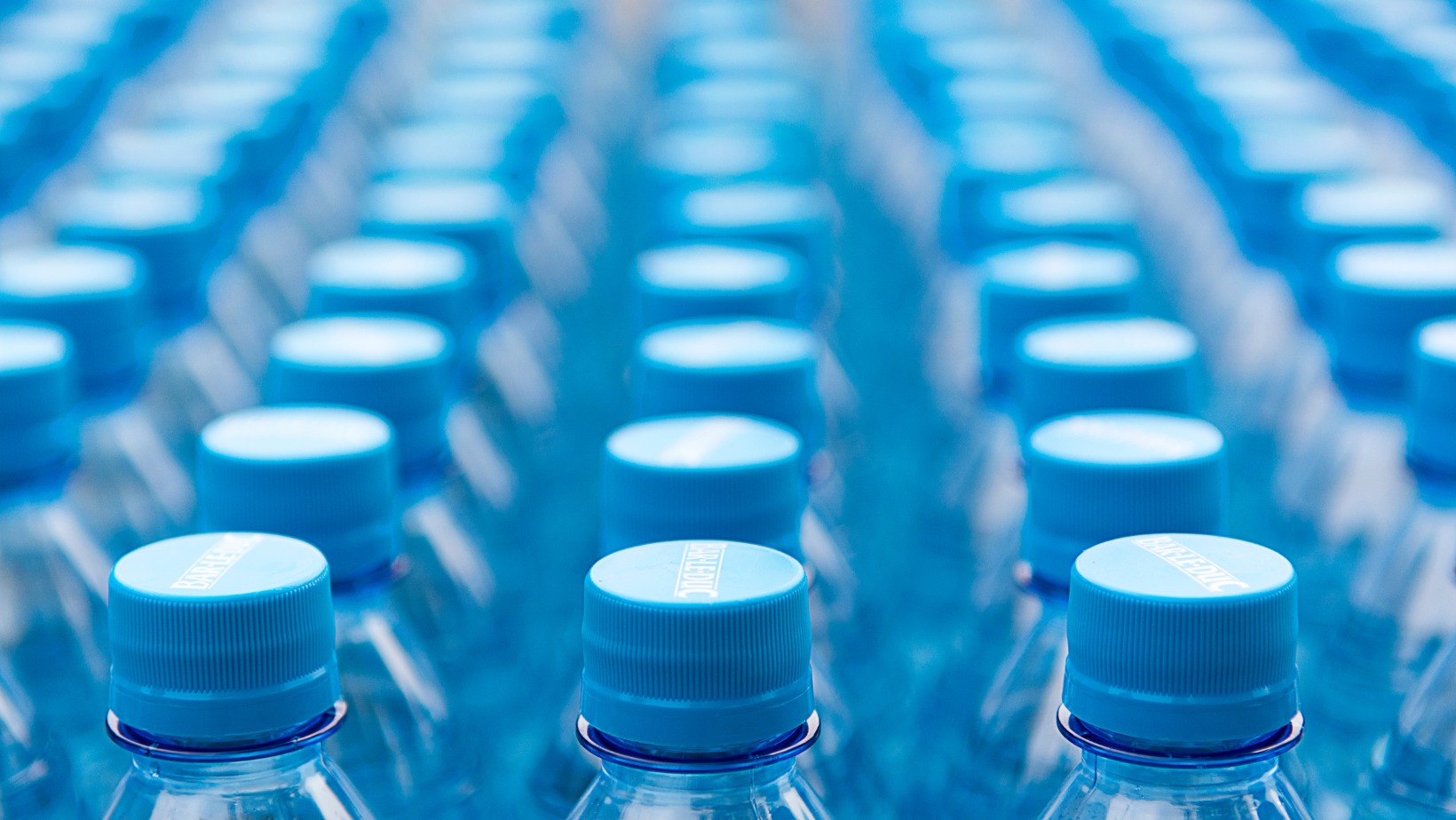


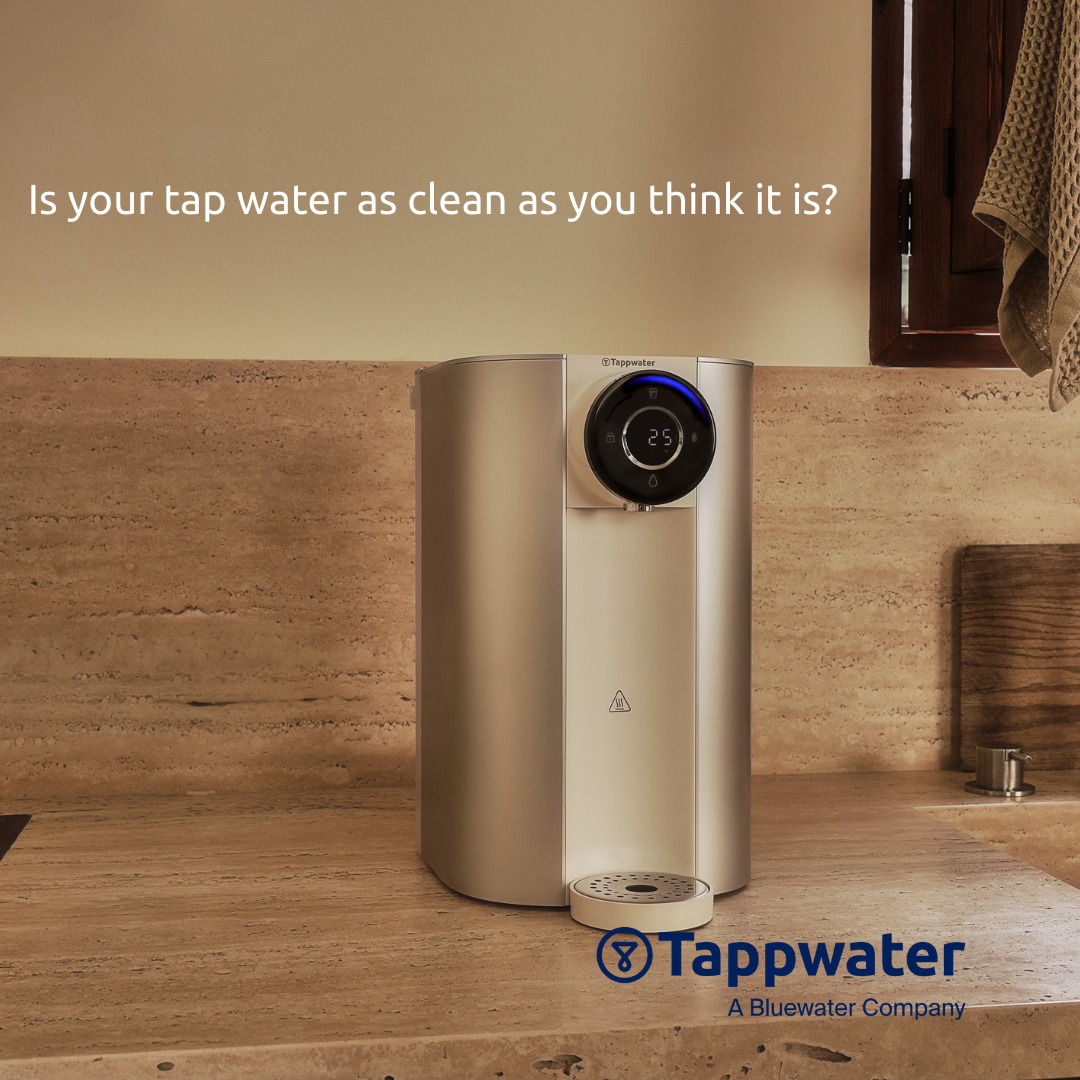
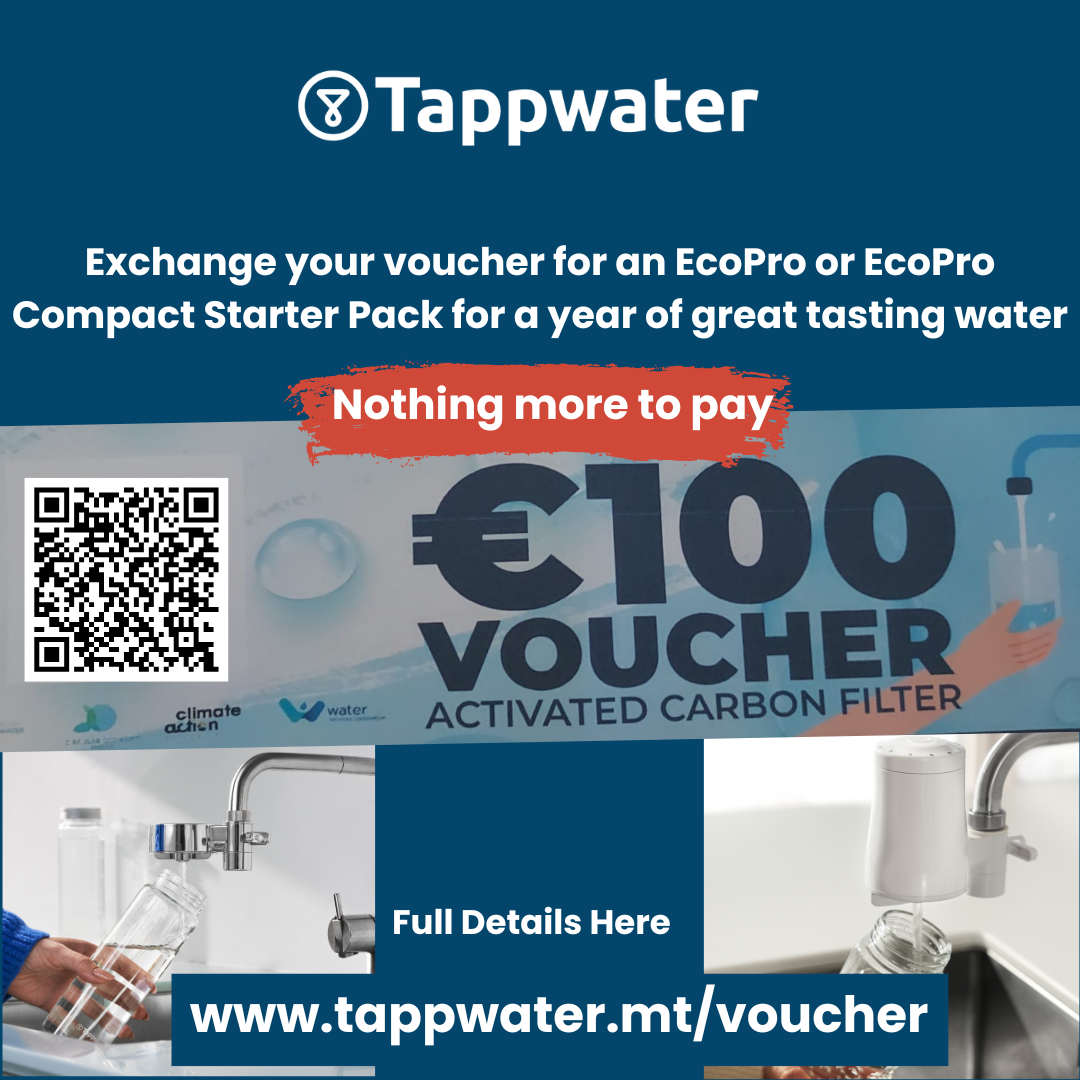
![[WATCH] Malta's Tap Water Challenge: The Tappwater Solution. A Look at the Science, the Tests, and the Deliciously Clean Results.](http://tappwater.mt/cdn/shop/articles/Why_We_lab_tested_maltas_water_Sqaure.png?v=1756738451&width=1080)
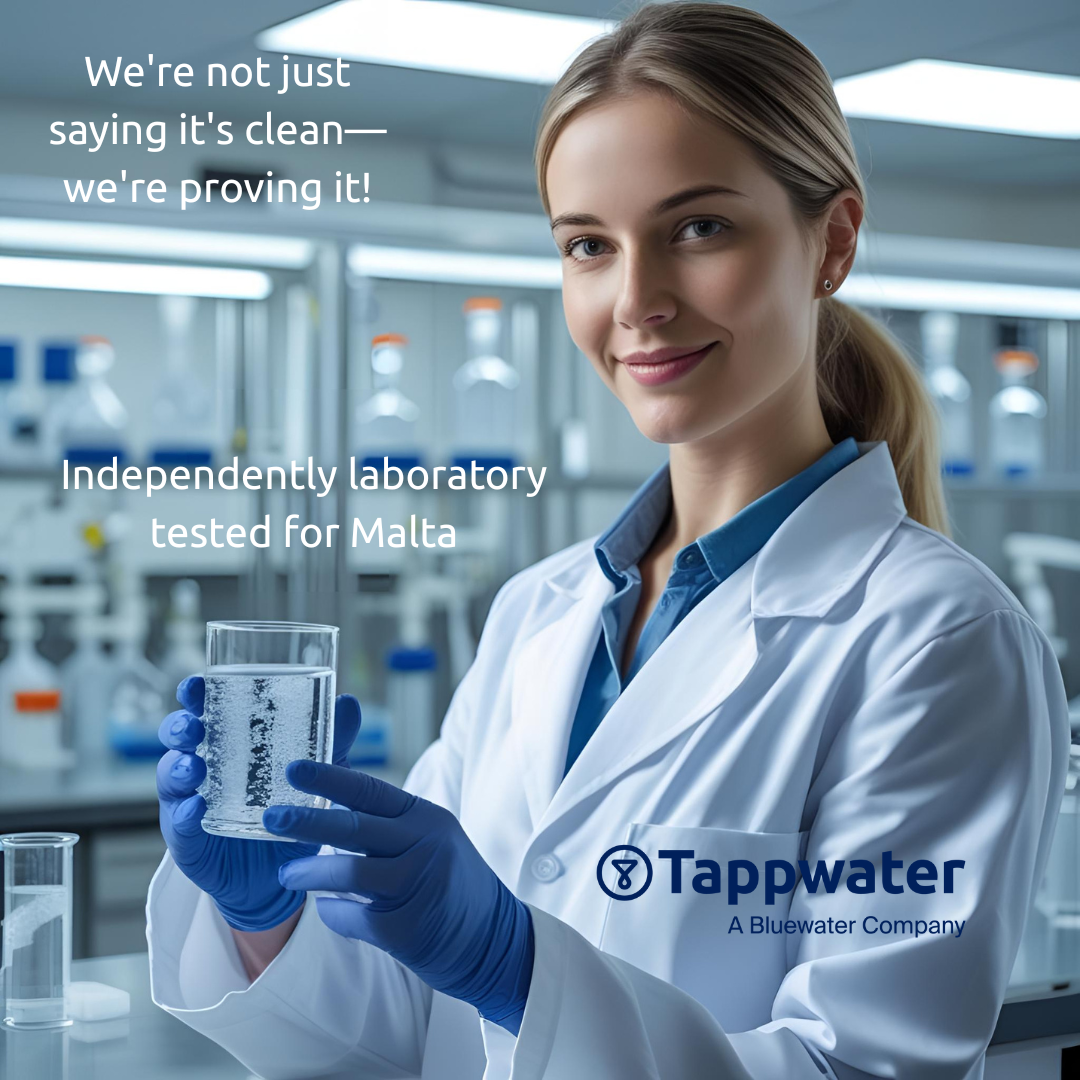
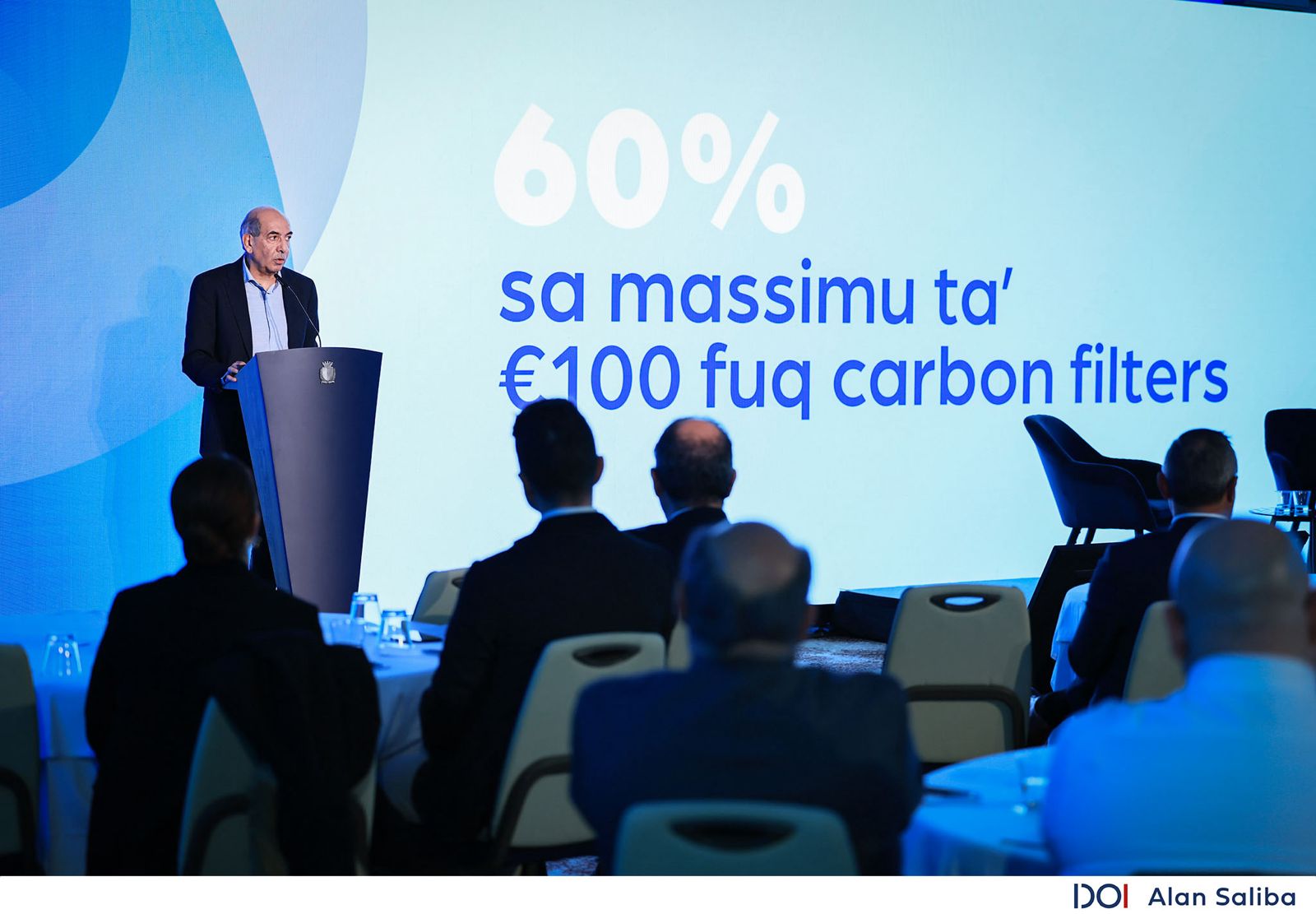
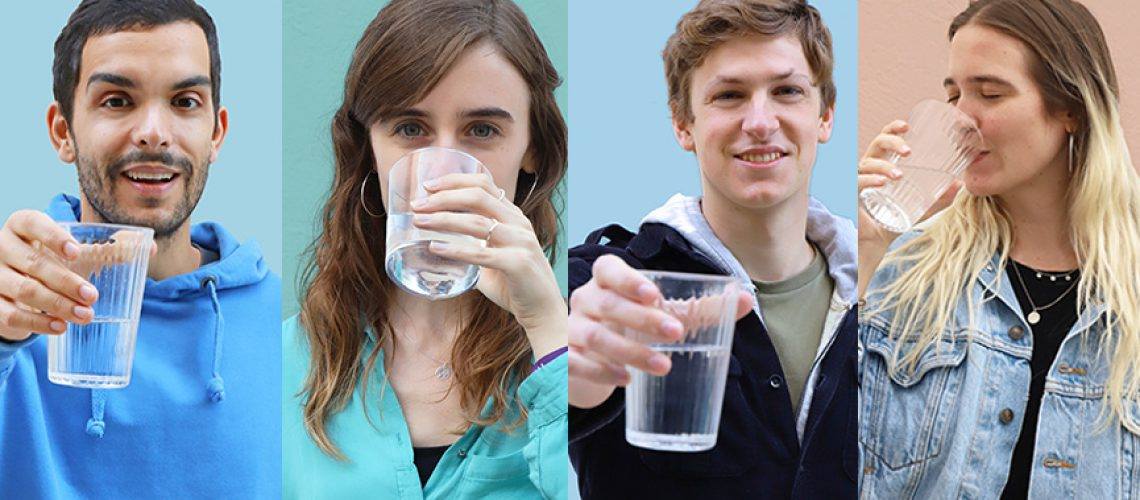
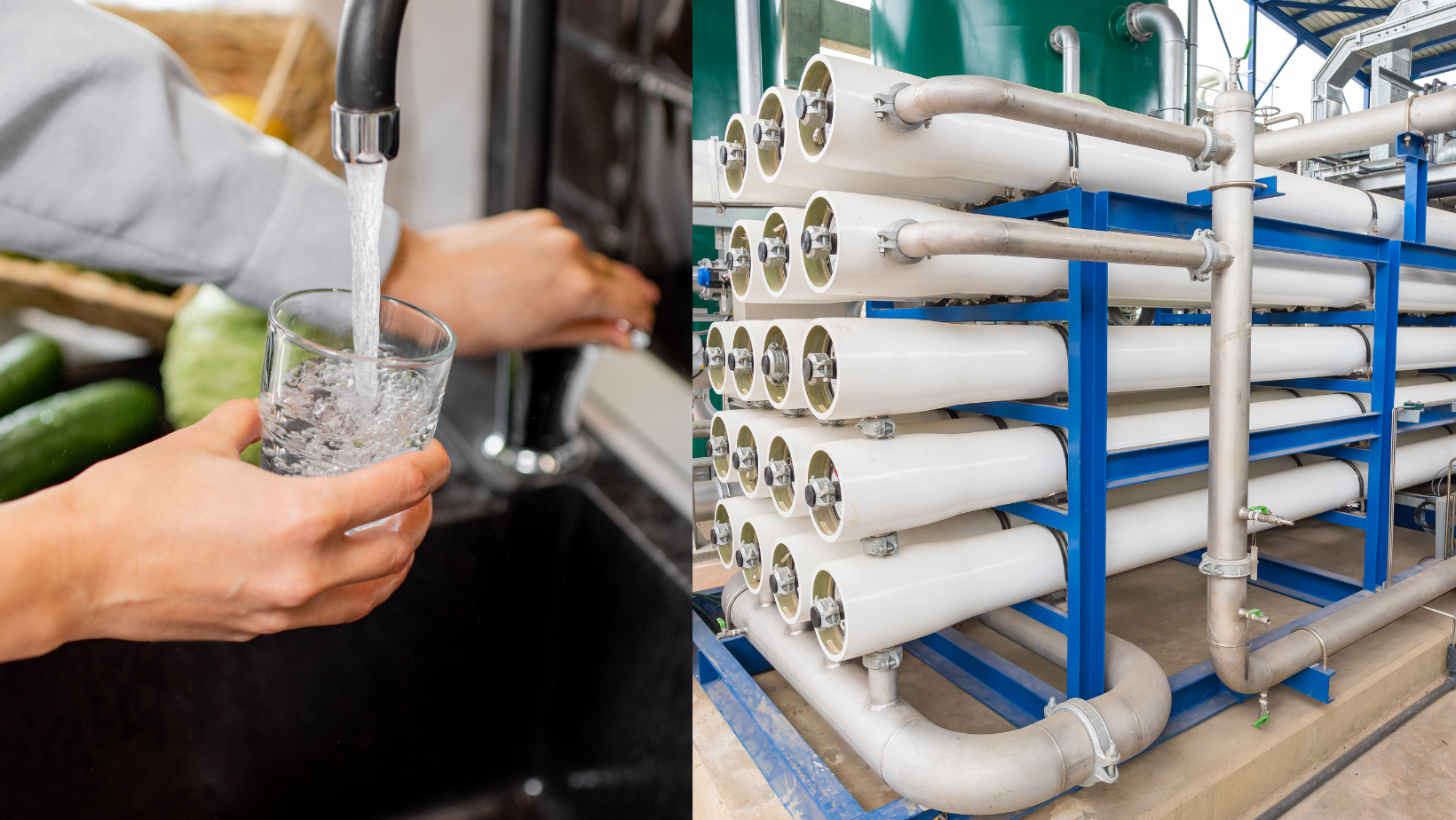
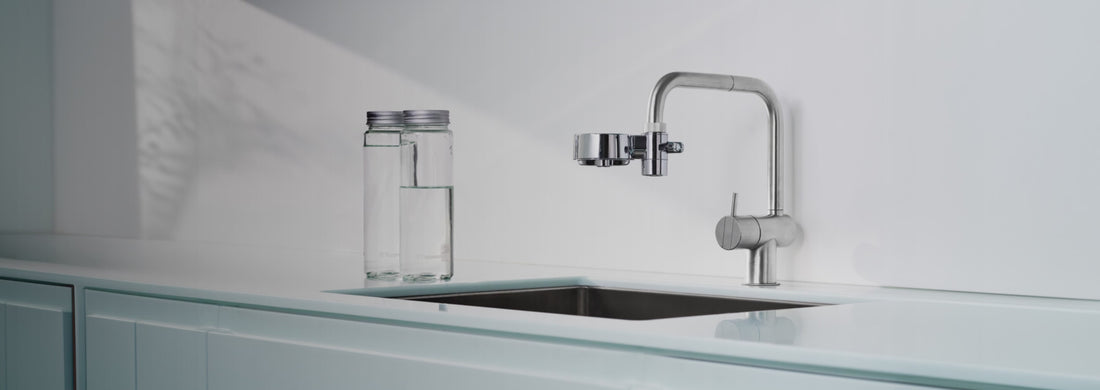

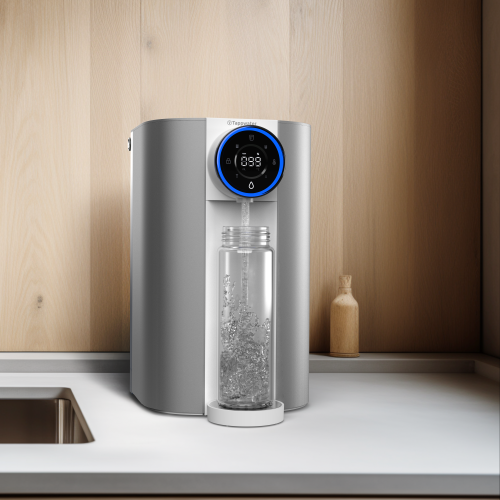
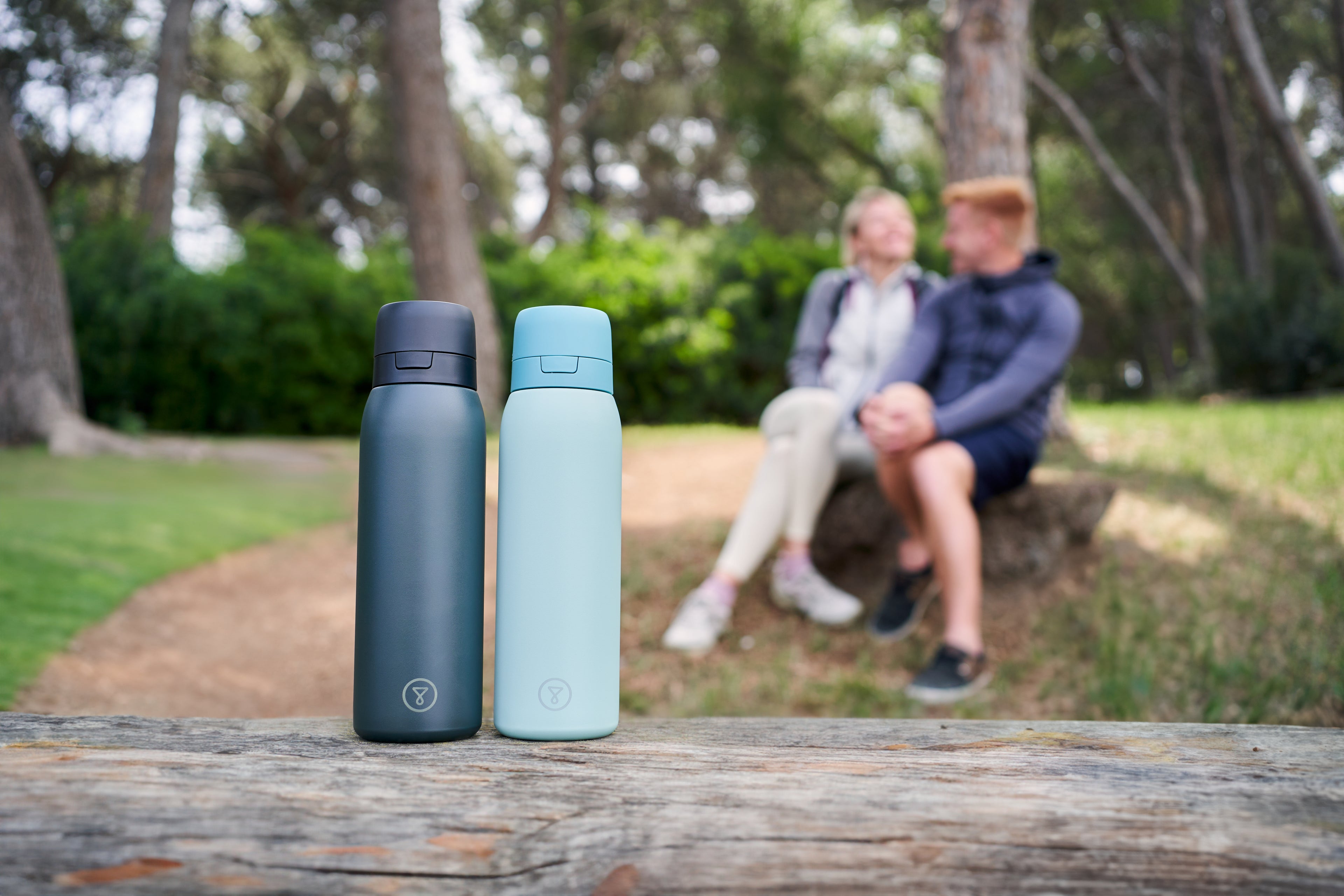
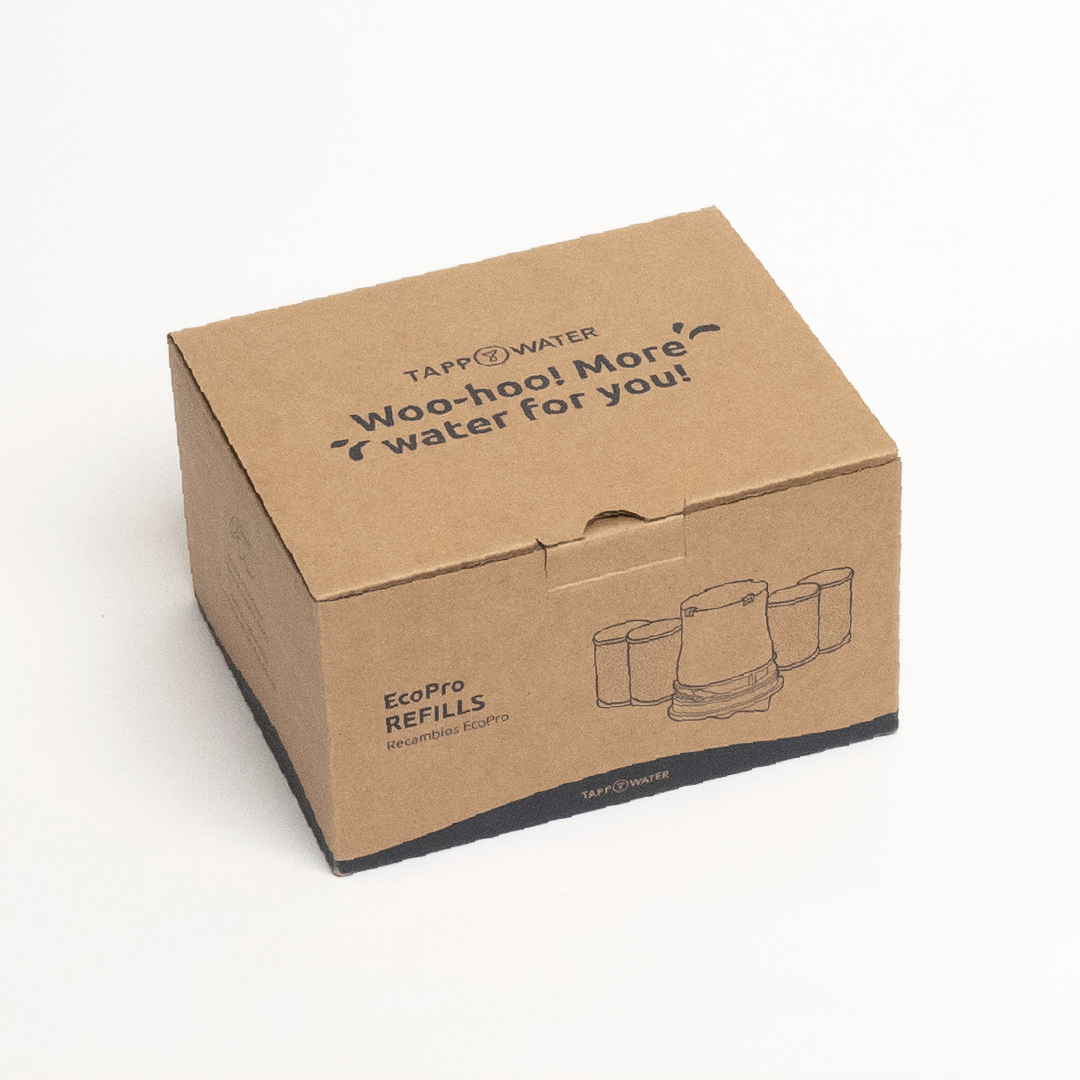
0 comments